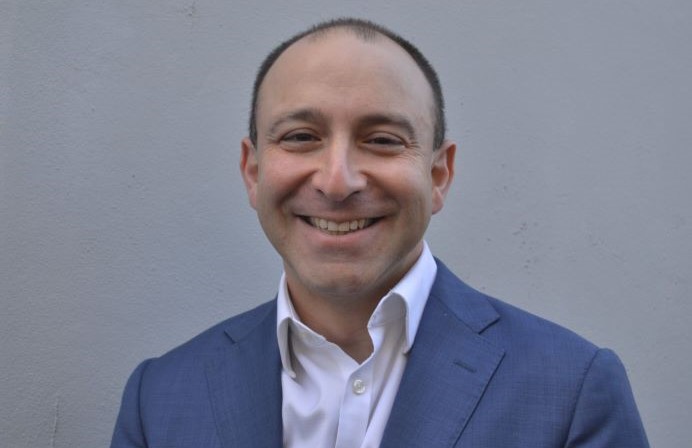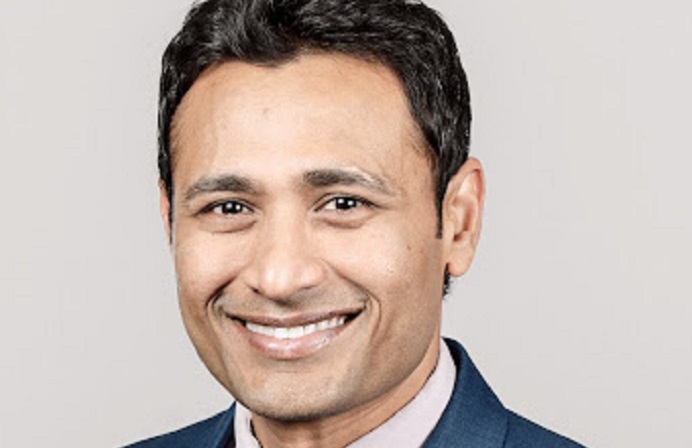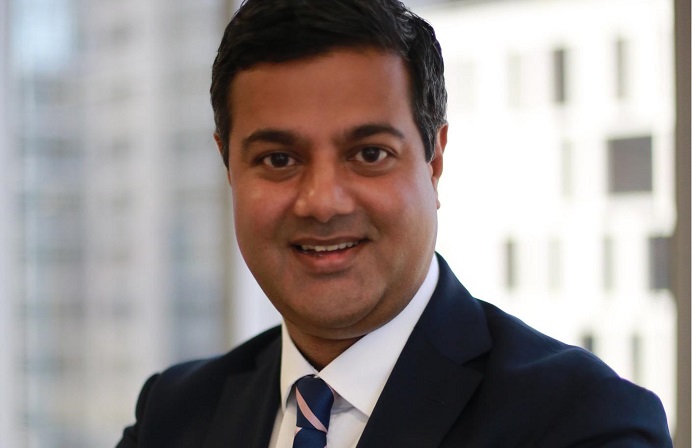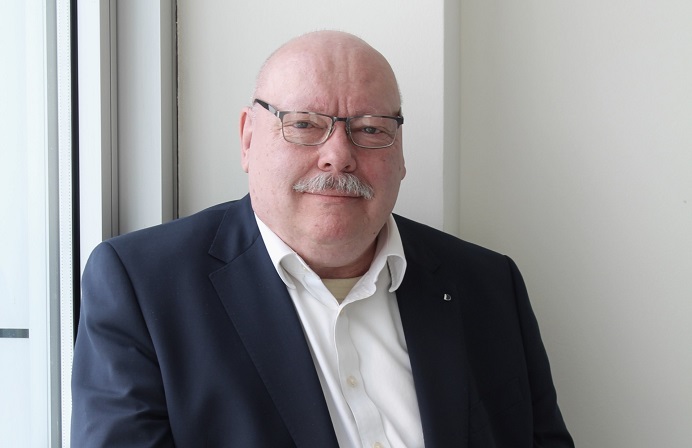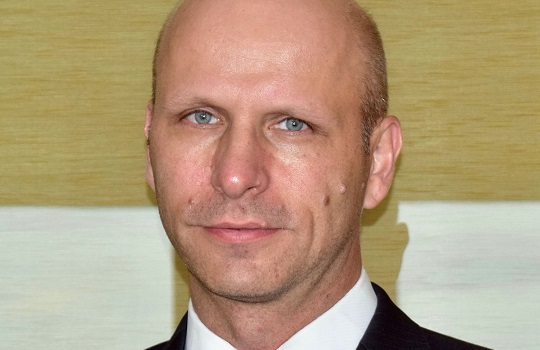
“It’s tough to build a culture where engineers can thrive in a regulated banking context. I was fascinated by the Open Banking concept and the risk appetite banks are taking to drive change.”
Less than a month out from the big four-led launch of Open Banking in Australia, we speak with Dr Sebastian Wedeniwski, Standard Chartered’s Chief Information Officer, Technology Strategy & aXess, on the global banking giant’s role in shaping APAC’s first-off-the-mark Open Banking rollout, a potential early misstep in our own CDR regime, and predictions for the banking sector in a new open ecosystem.
FST Media: Singapore holds the mantle as APAC’s regional leader in Open Banking. As Open Banking is progressively rolled out across Australia and New Zealand, what lessons can our industries take from Singapore’s successes?
Wedeniwski: We are still in the situation that regulated Open Banking strategies vary across countries and there is no interoperability for the industry to take full advantage of these discrete data-sharing regimes. Australia has adopted a prescriptive approach where governments and central banks play a highly active role in defining the Open Banking ecosystem. On the other side, Singapore has taken a more market-driven approach where there are no explicit industry-wide rules or guidance that require or prohibit the sharing of customer-permissioned data by banks with third parties.
I think a market-driven approach provides banks with more possibilities to release their own APIs for a business case. It’s more important for the regulation to develop the market by providing Open Banking/Open API guidelines, setting out a framework, and publishing a register which tracks APIs developed by the financial industry. We are actively engaged with the Monetary Authority of Singapore (MAS), the financial industry regulator, on how to broaden the space for greater connectivity, appropriate risk management, and improved customer services.
FST Media: What to you defines success in a fully functioning ‘open’ ecosystem – both from the perspective of the industry and consumers?
Wedeniwski: An open ecosystem is successful when financial services are embedded into the business context of different industries. From there, we can see the consumption of financial services happen indirectly within the purpose of that industry or client-related transaction – for example, workers living aboard could pay their parent’s home rental or electricity bills directly through their remittances, rather than sending money to their parents in their home country to transact these payments. The connections inside a fully functioning ecosystem need to be commercialised (e.g., by embedding Open Banking APIs) to be sustainable.
FST Media: Prior to entering the banking industry, you spent nearly 20 years at IBM, rising to chief technology officer with a remit across multiple industries. What did this career shift teach you about the technology limitations or challenges facing banks today?
Wedeniwski: Banks require an engineering culture to build platforms into the growing digital open ecosystem for future banking businesses. However, it’s tough to build a culture where engineers can thrive in a regulated banking context. I was fascinated by the Open Banking concept and the risk appetite banks are taking to drive change.
FST Media: You currently oversee development of Standard Chartered’s Open Banking API portal, aXess. What was the thinking behind the launch of this initiative, and what are some of the platform’s biggest achievements to date?
Wedeniwski: Global and Open API architecture, combined with our unique business network across Asia, Middle East, Africa, Europe and the Americas, is our differentiator. Today, while local banks cannot provide the same cross-border and cross-currency services that we can, as well as cover all types of corporate, institutional, and individual clients across a footprint as diverse as ours, they are still perceived as better than us on the ‘last mile connection’. APIs offer the technology for the ‘last mile connection’ – and the aXess platform has helped us to close this gap.
In early 2019, the aXess Open Banking platform was officially launched externally with our Hong Kong Open APIs for Retail and Wealth. In Q2 2019, we released the PSD2 API sandbox capabilities, our first aXess Academy and Labs in Bangalore, and started external co-creation partnerships with aggregator MoneyHero in Hong Kong to share real-time FX rates through APIs. In Q3, we published South Korea’s Open Banking APIs and provided Korean language support for APIs in that market. By the end of 2019, we extended our Open Banking API portfolio to our Middle East market, with corporate and retail banking APIs made available in eight markets.
Today, we offer 129 APIs through an innovative catalogue at aXess.sc.com and user journeys leveraging our APIs across our unique network to actively inspire innovative solutions development on our aXess platform and Labs.
FST Media: In an effort to curb Covid-19’s spread, corporate teams have had to quickly adapt to working from home. As a seasoned corporate leader, how do you feel industry leaders can manage their remote workforces more effectively? Is enough being done to support at-home workforces?
Wedeniwski: The way we work and collaborate with our teams has changed to a digitalised and distributed remote-working environment. For example, we do daily stand-ups remotely through video conferencing services and intensively leverage instant messaging services and developer tools for productive collaboration during the working day. Our enterprise architecture has led the redesign of performance management, as collocated Agile workspaces have been switched to remote working.
The Agile manifesto lists the principle: “The most efficient and effective method of conveying information to and within a development team is face-to-face conversation”. But this principle does not explicitly say physical face-to-face conversation. What’s more, now, technologies are making it possible to combine remote working and face-to-face. This has changed our strategic thinking.
FST Media: What do you feel will be some of the permanent consequences of the Covid-19 shutdowns? What technological innovation will help ease, and potentially define, banks’ post-pandemic transition?
Wedeniwski: We will continue to evolve the way that we work, and we will become more agile: in hours, locations, and our interactions internally and with our clients. We will travel less and make much more use of technology to interact with one another. I think digital banking will become a new norm in the post-pandemic operating environment.
FST Media: As digital ecosystems bloom and data-sharing frameworks like the CDR mature across the globe, how do you see the banking sector evolving? What will the sector look like in five years’ time?
Wedeniwski: Banking will become truly open for consumption and even more digital utility, providing convenient self-services across borders. Many technology companies will take leadership in financial services and will find digital areas that are not as regulated as banks.
FST Media: Finally, what is the best career advice you’ve received and how have you sought to put this into practice?
Wedeniwski: Take the time to discover the work that you love to find flow in what you do. Then, don’t ask for permission, just do it. Don’t be afraid to take risks if required.
And don’t retire. Many Japanese people never really retire – they keep doing what they love for as long as their health allows. ◼
Sebastian Wedeniwski will be a featured international speaker at FST’s Future of Financial Services, Auckland virtual conference this August. Register now to secure your spot!

